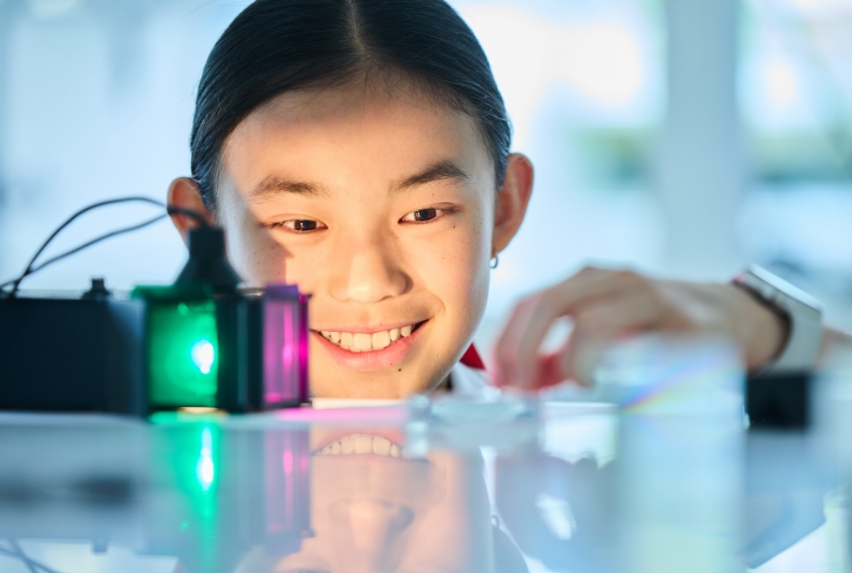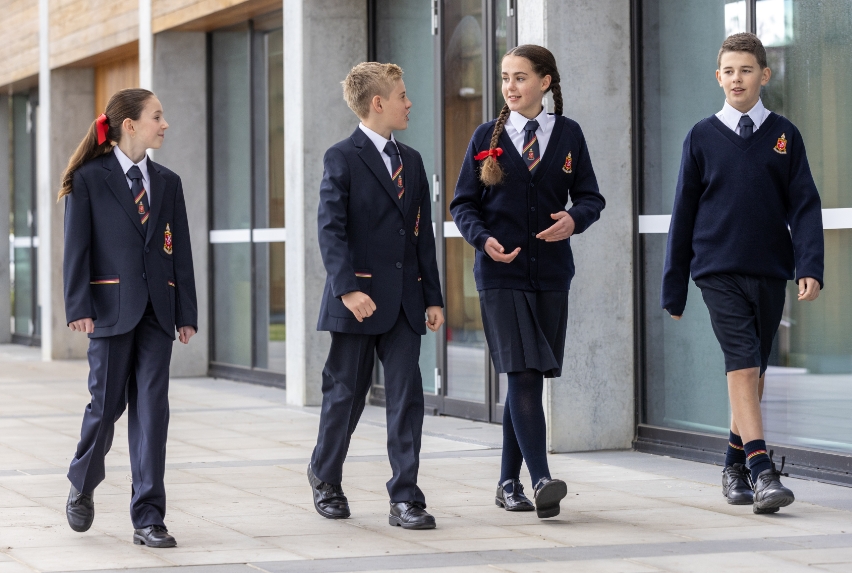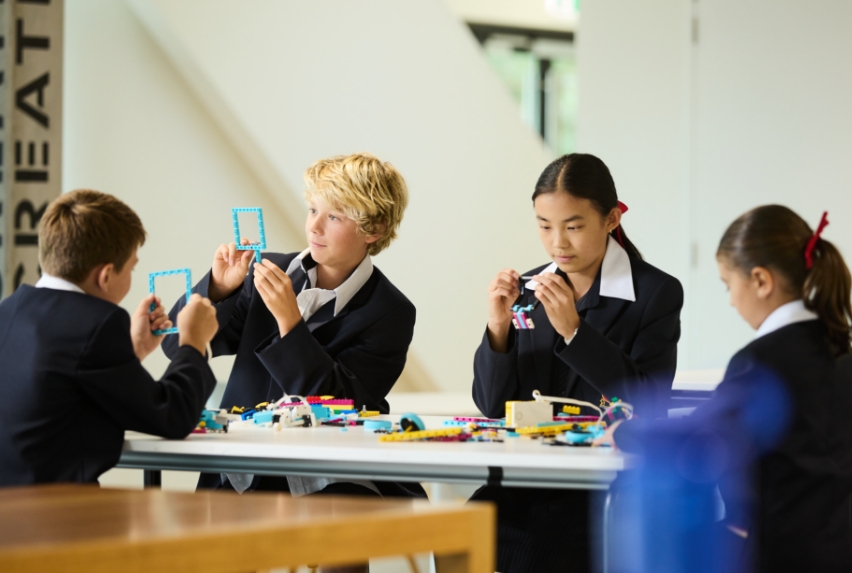Positive Psychology is the scientific study of how to live a healthy, happy, and meaningful life. Positive education integrates positive psychology into educational practices to enhance student well-being and academic performance.
At Peninsula Grammar, our Positive Education K-12 scope and sequence incorporates programs and evidence-based research by leading international experts in social and emotional literacy and wellbeing. These experts include Professor Toni Noble (ACU), Professor Helen McGrath (Deakin, RMIT), Professor Carol Dweck (Stanford University), Professor John Hattie (University of Melbourne), and Ron Ritchhart (Harvard University). We also draw on research-based organisations such as the VIA Institute on Character, the MindUp Foundation, New York University’s Character Lab, and The Wellbeing Lab (Australia).
We use the PERMA Model, developed by Martin Seligman, as a guide for our framework, focusing on Positive Emotions, Engagement, Relationships, Meaning, and Accomplishment. Techniques and activities designed to enhance wellbeing, such as gratitude exercises, mindfulness practices, and strengths-based approaches, are integral to our program.
More recently, we have engaged specialists in the field to support our programs, including Professor Lea Waters, Charlie Scudamore, and John Hendry, who have all worked with our school staff on wellbeing and positive relationships.







